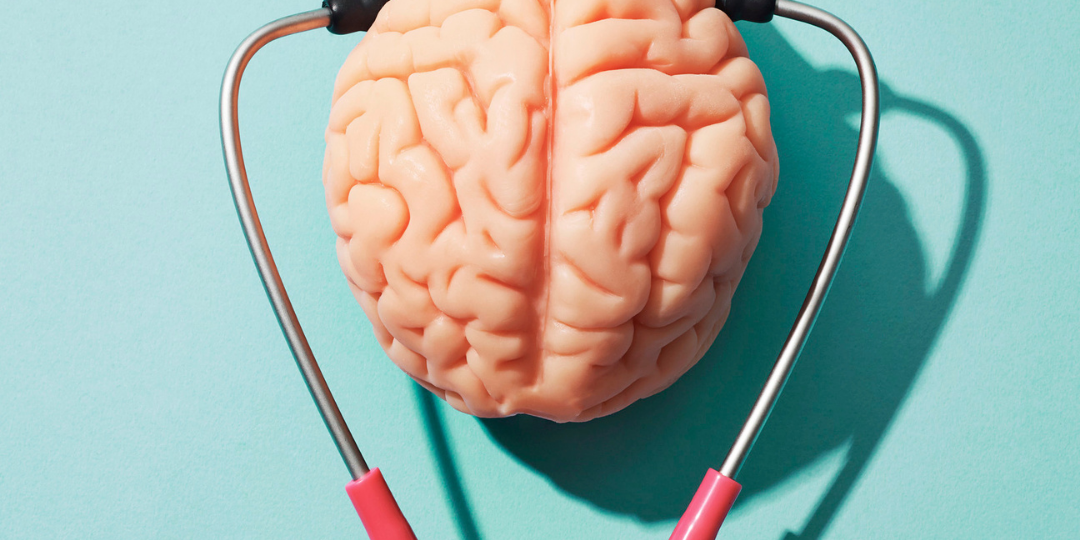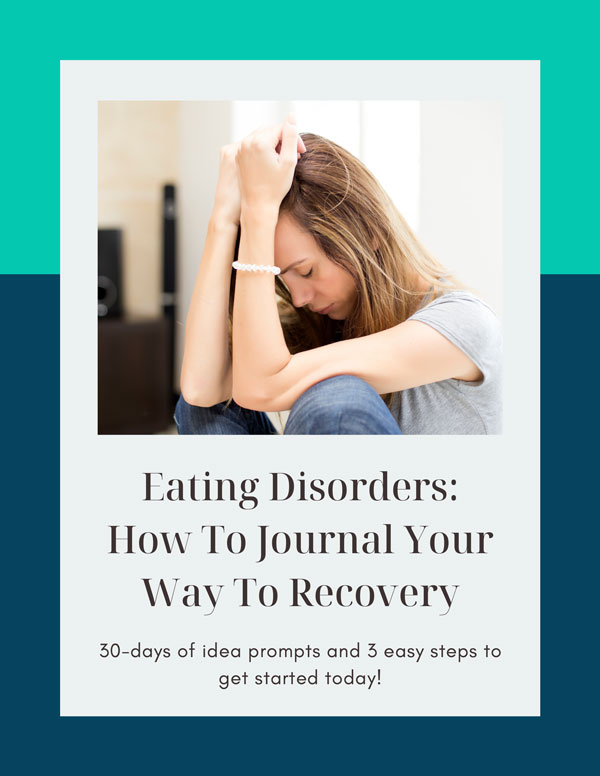
5 Myths About Eating Disorders: Debunked
Eating disorders are a serious medical condition that can have a major impact on your health, emotions and life. Although the journey may be difficult, with proper education, diagnosis, and treatment, it’s very possible to return to healthier eating habits and sometimes even reverse serious complications caused by the eating disorder. There are numerous myths that can stand in the way of people seeking help and working toward recovery. In hopes of clearing the air of these harmful ideologies, here are 5 myths about eating disorders: debunked.
Myth #1: Eating disorders are a choice.
First things first, eating disorders are not a choice – they are bio-psycho-social diseases. This means that genetic, biological, environmental, and social elements all play a role. Several decades of genetic research show that biological factors are an important influence in who develops an eating disorder, as well as societal factors (like the media-driven thin body ideal) and environmental factors (physical illnesses, childhood teasing and bullying, life stressors). Eating disorders have also been known to co-occur with other mental health conditions like major depression, anxiety, social phobia, and obsessive-compulsive disorder.
Myth #2: Parents cause eating disorders.
Just to reiterate, there is no single cause for the development of an eating disorder. Period. While parents may have historically been blamed for their child’s eating disorder, more recent research supports that eating disorders have a strong biological root. Organizations from around the world, including the Academy for Eating Disorders, the American Psychiatric Association, and NEDA, have published materials that indicate that parents don’t cause eating disorders. However, while they may not be responsible for causing it, they can be critical in recovery, as psychologists have seen improvements in the speed at which children and adolescents begin to recover when parents are involved in the treatment process.
Myth #3: A person of “normal” body weight can’t have an eating disorder.
It has traditionally been assumed that people with eating disorders like anorexia look extremely thin and emaciated. In fact, until the most recent edition of the diagnostic manual used to diagnose the illness, one necessary criterion was “weight less than 85 percent of that expected.” However, restrictive eating disorders characterized by dietary restriction or weight loss can very easily manifest in people of higher weight. Atypical anorexia like this meets all of the criteria for anorexia nervosa, “except that despite significant weight loss, the individual’s weight is within or above the normal range.” Although they may not be under-weight per say, based on their trajectory of weight loss and restrictive behaviors, they are actually in a state of malnourishment and require just as much help.
Myth #4: Only girls get eating disorders.
Eating disorders can affect anyone, regardless of their gender or sex. Although eating disorders are more common in females, researchers and clinicians are becoming aware of a growing number of males and non-binary individuals who are seeking help for eating disorders. A recent study by the Centers for Disease Control and Prevention found that up to one-third of all eating disorder sufferers are male. In fact, transgender students were the group most likely to have been diagnosed with an eating disorder in the past year.
Myth #5: Eating disorders are just an adolescent “phase”
Again, eating disorders affect people of all genders, ages, races, ethnicities, body shapes and weights. Although they generally begin during teenage years as a means to cope with normal developmental tasks, eating disorders can develop or re-emerge at any age. Men and women at midlife and beyond are also being treated for eating disorders, either due to a relapse, ongoing illness from adolescence or young adulthood, or due to the new onset of an eating disorder.
Whether you are currently suffering from an eating disorder, are in active recovery, or identify as fully recovered, Recovery From Anorexia can help. Run by Meredith, an eating disorder survivor and Licensed Clinical Social Worker, Recovery From Anorexia aims to help others who struggle with eating disorders by inspiring hope and sharing the skills and resources necessary to battle and beat this disease. For more help or information, reach out to Meredith today.


